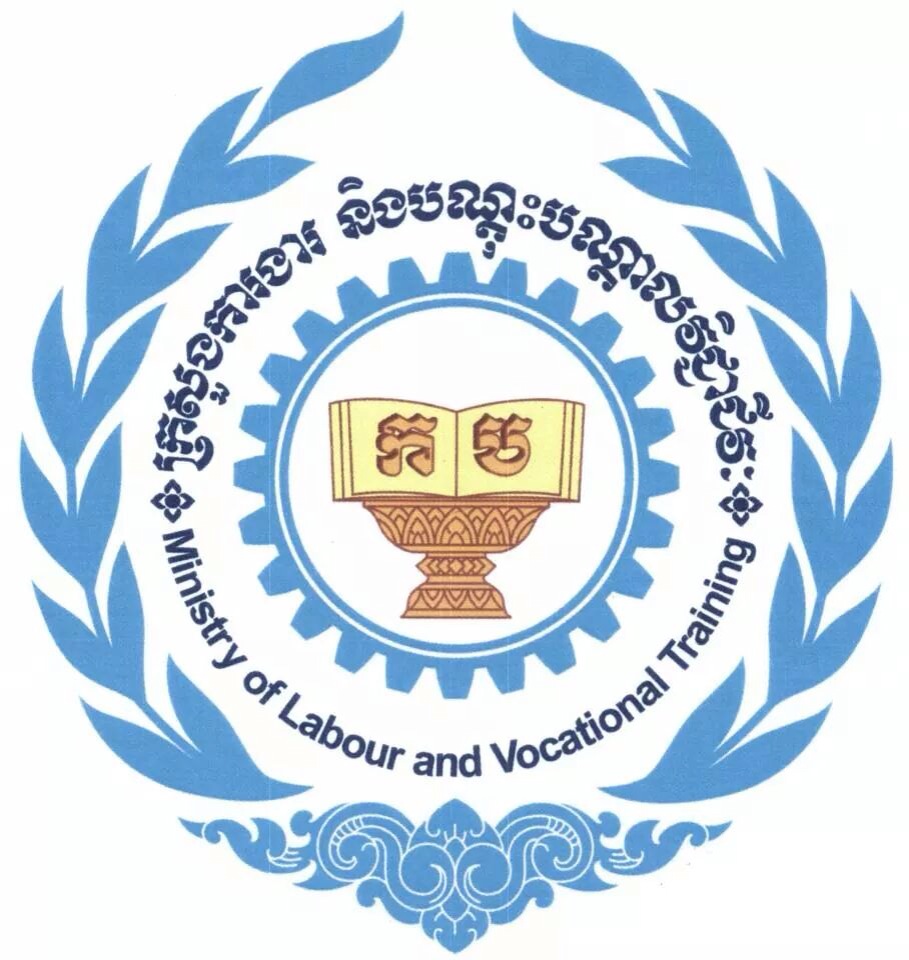Issue Description
Sexual harassment is common in the Cambodian workplace, with an estimated 40-60% of women and 10% of men affected, according to a recent report by the International Labour Organisation. Although Cambodia’s Labour Law prohibits sexual harassment at work, the absence of a clear definition in the Penal Code creates difficulties in responding to cases consistently, as well as the lack of legal instruments and referral guidelines for women and girls who have experienced abuse.
Internal reporting procedures and training sessions for both workers and employers often need to be enhanced and consolidated across various business sectors. In addition, there is a need for gender equality and women’s empowerment to increase the number of women in decision-making positions.
Addressing sexual harassment in the workplace is crucial for creating a safe and equitable work environment for all employees. It requires a comprehensive approach that includes legal and policy frameworks, awareness-raising campaigns, and training for both employers and employees. By taking steps to prevent and respond to sexual harassment, Cambodia can promote a more inclusive and just workplace for all.
Impact on business
Sexual harassment in the workplace has a significant impact on Cambodia’s economy, social fabric, and overall development. The prevalence of sexual harassment in workplaces leads to reduced productivity and a loss of talent, as well as emotional and physical harm inflicted on victims. It can also reinforce gender inequality and perpetuate harmful stereotypes, which can have a long-term impact on society. The lack of clear legal instruments and referral guidelines also means that many victims of abuse are unable to access justice or receive appropriate support.
Sexual harassment in the workplace can result in significant losses for businesses due to absenteeism, decreased productivity, and high turnover rates. Victims of harassment may take time off from work or leave their jobs altogether due to the emotional toll of the abuse, resulting in lost profits for the company. Additionally, employees who witness or are aware of sexual harassment may also feel uncomfortable or unsafe in the workplace, leading to a decrease in overall productivity and job satisfaction.
Addressing sexual harassment in the workplace is essential for promoting a safe and equitable work environment for all employees, regardless of gender. It requires a comprehensive approach that includes legal and policy frameworks, awareness-raising campaigns, and training for both employers and employees. By taking steps to prevent and respond to sexual harassment, Cambodia can promote a more inclusive and just workplace for all.
Recommendation
- Promote the implementation of measures to reduce sexual harassment in the workplace.
We therefore respectfully recommend to the relevant Cambodian authorities, particularly the Ministry of Labour and Vocational Training:
- To promote greater awareness and training on the issue of sexual harassment in the workplace, including training for managers and employees at all levels, and disseminating information on the rights of workers to live and work free from harassment;
- To foster more collaboration and shared responsibility among all stakeholders, including the state, the private sector, civil society, and workers themselves. This includes developing collective collaboration to create an enabling environment for workers, empowering women entrepreneurs, and creating a mandatory framework for preventing and addressing sexual harassment in larger companies;
- To enhance reporting and accountability mechanisms. This includes establishing clear reporting and accountability mechanisms for addressing sexual harassment in the workplace, including building a structure or mechanism for reporting, taking action and being consistent with leadership support, and developing legal instruments and referral guidelines for survivors of abuse.
Stronger policy prevention measures against sexual harassment in the workplace in Cambodia can result in several benefits, such as promoting a safe and equitable work environment for all employees, reducing absenteeism and turnover rates, and improving overall productivity and job satisfaction. It can also help to reinforce gender equality and combat harmful stereotypes, leading to positive long-term impacts on society and the economy. By providing clear legal instruments and referral guidelines, victims of abuse can access justice and receive appropriate support, contributing to a more just and inclusive workplace culture.
Royal government of Cambodia
Initiative from Eurocham: The issue has been raised by Garment & Manufacturing Committee within The White Book edition 2024 in the Recommendation No. 38.

National Counterparts

Ministry of Labour and Vocational Training

